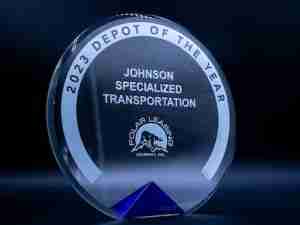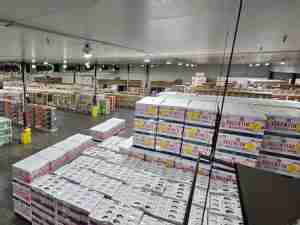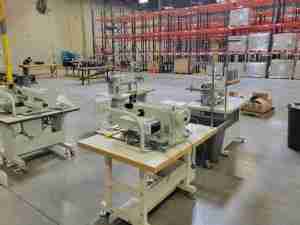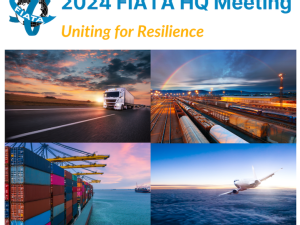Requis users can now purchase independently verified high-quality carbon offset credits from Tradewater on the Requis platform.
Achieving carbon neutrality has just become easier for enterprises who procure, manage, and sell assets on the Requis platform. Integrating carbon management directly into its supply chain platform provides an avenue for Requis to further execute on its sustainable economy vision.
We are proud to announce our first carbon credit partnership with Tradewater, an organization with projects around the world that follows strict protocols from either the American Carbon Registry or VERRA.
"Requis already plays a key role in the circular economy by connecting strategic sourcing with globally available assets in our marketplaces, and now we're helping enterprises on their journey to net zero," said Requis CEO Richard Martin. "Tradewater comes with excellent credentials, and I'm proud to partner with them as we all work towards better sustainability."
Tradewater creates high quality carbon offset credits through the acquisition and destruction of refrigerants, which are some of the most potent greenhouse gases. The refrigerants are destroyed in highly regulated incinerators that are continuously monitored to ensure that they meet strict international, federal, and local environmental regulations.
"The work we do not only helps further prevent catastrophic climate change, but it also helps create new jobs in the countries where we fund projects," said Tradewater COO Gabe Plotkin.
How Refrigerants Contribute to Climate Change
Older refrigerants are infamous for their impact on the ozone layer. The refrigerants Tradewater targets, chlorofluorocarbons (CFCs) and hydrofluorocarbons (HCFCs), have a global warming potential up to 10,000 times more potent than carbon dioxide.
Although banned from production today, according to an MIT study, over 9 billion metric tons of carbon dioxide equivalent (Mt CO2 eq) of CFCs exist around the world, either in use or kept in storage by companies and private individuals.
Commented Plotkin, "Refrigerants exist in cylinders, spray cans, refrigerators, insulating foam, and even old drink machines. The one thing that these sources all have in common is that they were not designed for long term storage. And when these containers rust or otherwise fail, the refrigerants will leak. For our planet, for our communities, and for our economies, the clock is ticking."









